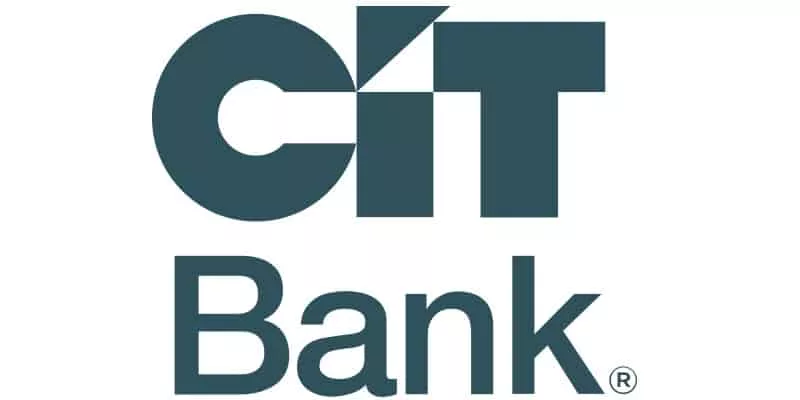Retirement plans are designed to provide financial security for people in later life. They're often called “retirement” plans because they were originally intended to replace an individual's salary after he or she retired from working.
What Is A 401(k)?
A 401(k) plan is a type of retirement savings account offered by employers. It allows employees to contribute money toward their own retirement. Employees who participate in these plans typically receive matching contributions from their employer. A 401(K) plan may also be referred to as a defined contribution plan.
5 benefits of a 401(k) plan
Here are 5 benefits of most traditional 401(k) plans:
- Employees can make contributions from his or her paycheck either before or after-tax, depending on the options offered in the plan.
- The deferred money in a 401(k) generally is not taxed until it is distributed. For example, let’s say you earn $50,000 and max out your retirement plan at $20,500. Assuming you have no other deductions, your taxable earnings will reduce from $50,000 to $29,500. ($50,000 – $20,500 = $29,500).
- If you establish a 401(k) plan, you can have other retirement plans.
- You can contribute as much or as little as you want to your account (subject to plan and IRS limits).
- If you change jobs, the money you’ve contributed to your 401(k) and its earnings belong to you.
How much should I save each month?
There's no one-size-fits-all answer when it comes to how much you should contribute to an individual account each month. It depends on several factors, such as your age, income level, and whether you're contributing to a company match program.
But starting to save early and contributing consistently is always the best strategy when preparing for retirement. With a 401(k), you can make automatic contributions directly from your paycheck making saving an effortless process. And, since the deduction is taken before you get paid, you won’t miss the money.
If you work at a job with a matching contribution program, you'll likely see some money go into your retirement account right away. However, if you're not eligible for a match, you might need to wait until you reach certain milestones before you start seeing any contributions.
401(k) contribute limits for 2022
You might decide to defer as much compensation as you can to really build that account. But there are limits on how much you can contribute each year.
Federal rules dictate the maximum annual contribution limits:
[spbtbl_sc id=1]
For 2022, the maximum 401(k) contribution is $20,500
Those age 50 or over are eligible to contribute an additional $6,500 (it’s considered an additional “catch-up” contribution to help those who started saving late).
The annual limits apply even if you have more than one 401(k)—for example, if you started one at a previous job, then quit the job during the year and started a new one at your current job.
Employees that are considered highly compensated have different 401(k) limits apply. If you own more than 5% of the interest in a business or receive compensation above a certain amount (more than $135,000 in 2022, determined by the IRS), you’re considered a highly compensated employee for 401k retirement plan purposes.
Some companies can add another layer, and designate someone as an HCE if they were in the top 20 percent of employees as ranked by compensation. These HCEs can only participate to the full extent depending on the participation of non-HCEs—there’s a formula that is based either on how many non-HCEs participate or how much they contribute.
That’s because the IRS wants to ensure that 401(k) aren’t just a haven for the wealthy and that employees at all levels are able to participate.
If you are in a position to save more than you are allowed in your 401(k), you can look into additional retirement savings options, such as a traditional IRA or a Roth IRA.
What’s the 401k Contribution Deadline?
The 401k contribution deadline is the very end of the calendar year on December 31, 2022. However, the IRS will allow you to contribute to your IRA account right up to the tax filing deadline of the coming year, April 15, 2023 of this next year.
How To Maximize Your Contributions
If you are thinking about starting a 401K plan at work, there are some things you should consider before doing so:
First, make sure you understand the rules governing these plans.
Second, find out whether your company offers matching contributions.
Third, determine whether you will need to contribute more than the minimum required by law.
Fourth, decide whether you want to invest in mutual funds or individual stocks.
Finally, consider whether you want to participate in a profit sharing program.
If you are still young, you might think you do not need to start saving for retirement now. However, as you approach retirement age, you will likely need to save more money if you don't start now.
This means that you should start contributing to 401(k) or other retirement account as soon as possible. If your employer offers a 401k and you are not utilizing it, you may be leaving money on the table – especially if your employer matches your contributions.













